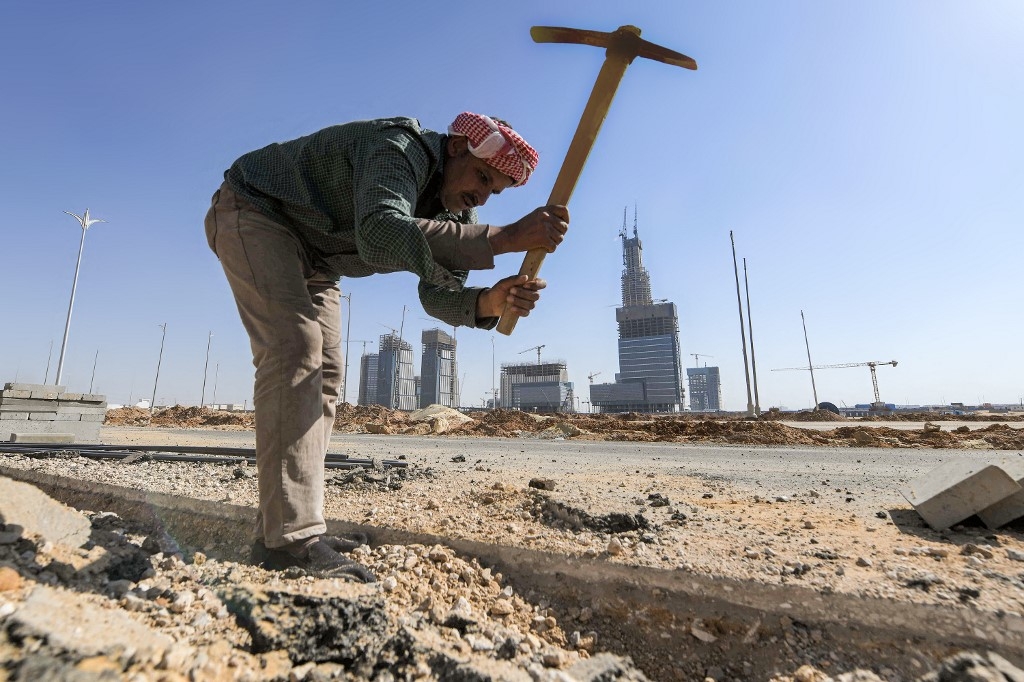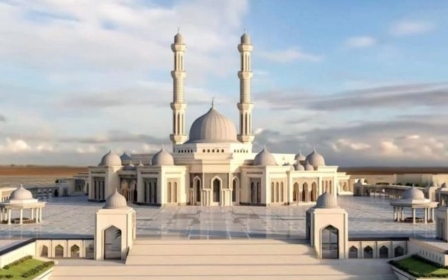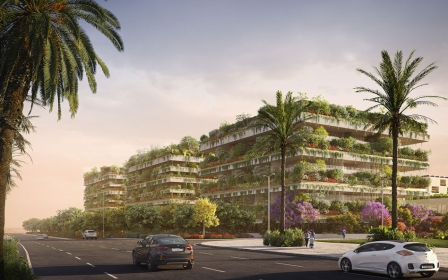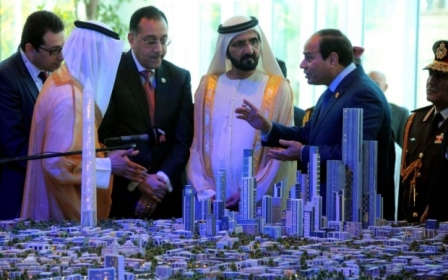Egypt: Top executives at New Capital project resign after causing 'major defects'

Senior executives at Egypt's New Administrative Capital, a multi-billion-dollar project sponsored by President Abdel Fattah el-Sisi, have resigned amid revelations that the former chairman caused “major faults” in construction.
On Monday, the head of the Administrative Capital for Urban Development (ACUD), Major General Ahmed Zaki Abdeen, announced his resignation, citing “health conditions” and his desire to retire.
President Sisi appointed a civilian official, Khaled Abbas, to replace Abdeen. Abbas served as deputy minister of housing for national projects prior to the appointment.
A day after Abdeen's announcement, the company’s general manager, Major General Mohamed Abdel Latif, also resigned.
Abdeen, 76, had been the head of the mega-project since 2017, during which he oversaw construction projects worth billions of dollars, including new government buildings, foreign embassies and Africa’s tallest tower. The city has yet to be given a name.
His resignation has sparked many reactions from government critics who have questioned the feasibility of the project, given the country’s spiralling debts and more urgent developmental needs. Many have described the resignation as "jumping off the ship" of Sisi's government, especially as it comes days after the sudden resignation of the governor of the Central Bank.
On Wednesday, the local independent news website Mada Masr cited an anonymous source as saying that Abdeen’s resignation was linked to a series of “wrong decisions” he made, including rushing the building of entire districts without obtaining the necessary building permits. The source said Abdeen was accused of “unjustified haste” in ordering the building of neighbourhoods and shopping malls.
“Abdeen's insistence on accelerating the pace of project construction led to serious faults in them,” Mada Masr reported, claiming that Abdeen and two of his assistants were urging the owners of capital to expedite the excavation, ramping and construction work, without waiting for the full official licences.
“There are entire neighbourhoods that were built without garages, and many of the facades were demolished and modifications were made due to the presence of buildings that contravene engineering requirements and sound construction designs,” the source told Mada Masr on condition of anonymity.
“The issue also extended to large commercial mall projects, in which noticeable defects appeared, not adhering to the specific spaces of the stores. Some of them came much smaller than the usual spaces, and others were excessively wider.”
Middle East Eye has contacted the ACUD for comment on the above claims.
Vision 2030
The ACUD is a joint venture between the military and the Housing Ministry, created to manage the $58bn New Administrative Capital project. Located 45 kilometres east of the capital, Cairo, the project has been under construction since March 2015, and is planned to be built over three phases, on a total area of 890 square kilometres.
It is part of President Sisi’s “Egypt Vision 2030”, a sustainable development plan with goals to be met by 2030, in line with the United Nations Sustainable Development Goals.
In March, Abdeen announced that President Sisi ordered the addition of 18,600 hectares (ha) to the project, bringing the total area of the capital to about 89,000 ha. Abdeen said that the project will accommodate seven million people. The first phase has been 80 percent completed, as of March.
Abdeen told Bloomberg a year ago that the government was planning to move 50,000 civil servants to the new capital and that a monorail linking it to Cairo would be ready by June. Neither of these two plans has yet been fulfilled.
Middle East Eye delivers independent and unrivalled coverage and analysis of the Middle East, North Africa and beyond. To learn more about republishing this content and the associated fees, please fill out this form. More about MEE can be found here.





